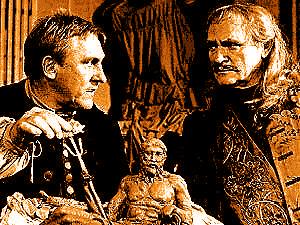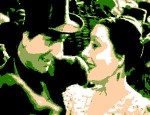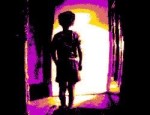Vatel (2000)
Directed by Roland Joffé
History / Drama / Romance

More tellingly, the script is at best mediocre, in places execrable, resorting to cheap innuendo instead of amusing wit, is weighed down by weak characterisation, and shows a singular lack of imagination and create talent.
By contrast, the set designs are breathtaking and it is clear this is where all the creative talent went. The reproductions of the royal entertainments are not just eye catching; when viewed on a full-size cinema screen they are absolutely amazing. Unfortunately, the pleasure of watching all this is marred by some truly irritating background music and a dire acting performance from Uma Thurman.


